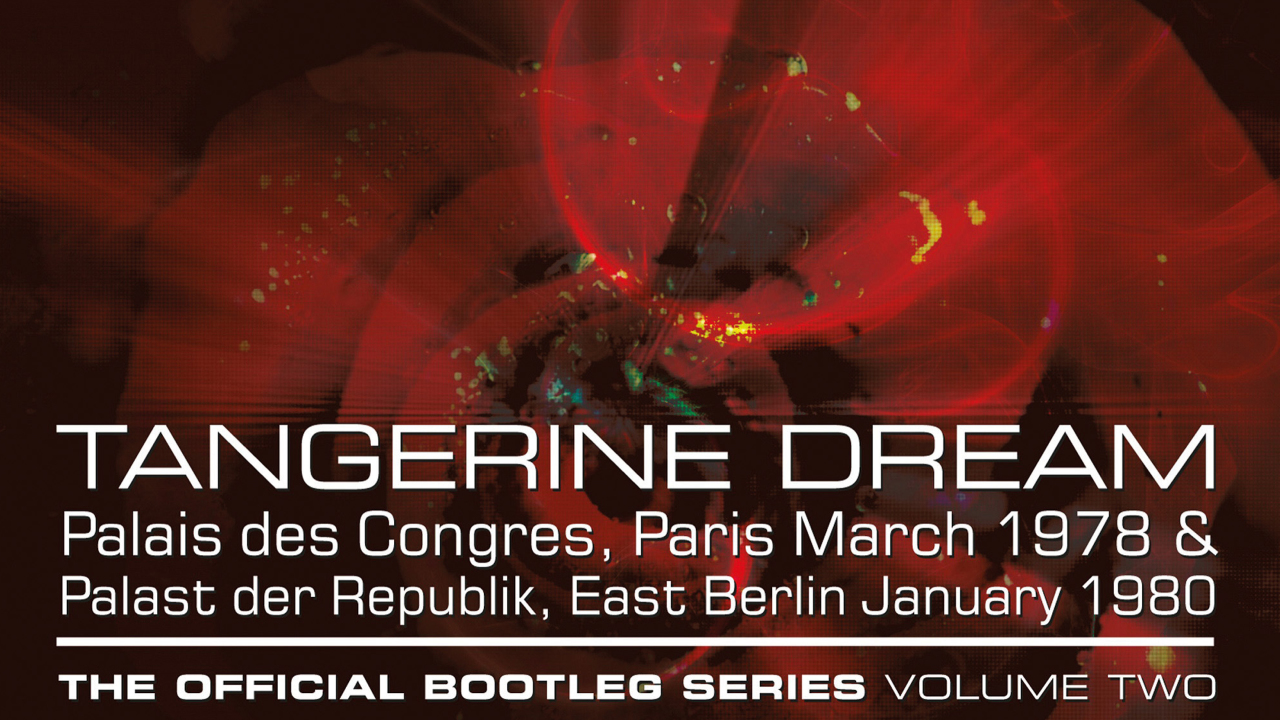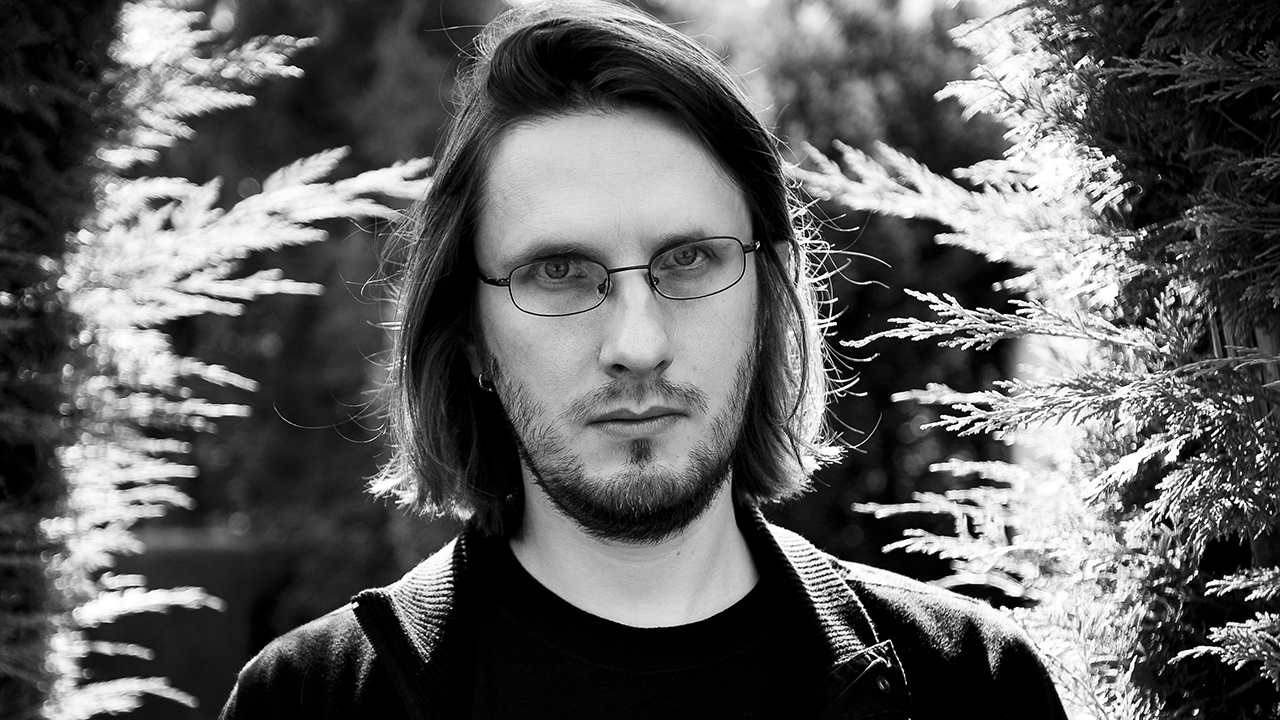You can trust Louder
Whereas Volume One highlighted Tangerine Dream’s largely improvised and highly experimental period of the early to mid-70s, the second instalment in the series brings together concerts recorded in Paris in 1978 and East Berlin in 1980, capturing the German synth pioneers during a time of transition.
The Paris show featured on discs one and two of this set is of particular interest, showcasing as it does the short-lived line-up from the somewhat controversial Cyclone album. Founder members Edgar Froese and Chris Franke are therefore joined on stage by Steve Joliffe (vocals and flute on the title track) and drummer Klaus Krieger for a performance that veers between eerie atmospheres, driving sequences and moments of full-tilt prog rock, recalling Cyclone itself. By contrast, the Berlin show, which makes up discs three and four, emphasises how chiselled and controlled the band’s sound was becoming as the new decade dawned. Partly a reflection of changes in music technology (digital synths with their cold, hard edge were in the ascendant), it’s also evident that the Tangs were pitching for a punchier sound, a trend clearly emerging on 1980’s Tangram album and fully realised on 1981’s Exit. Some of this material surfaced on the Pergamon live album, which is taken from the same show, but there’s lots here that hasn’t previously appeared. As much as anything, Froese and co. were simply sick and tired of flying by the seat of their pants, as edgy and exciting as the experience might have been for the audience. Adopting the new command and control technology, therefore, brought stability – some would say predictability – to what had been a random and often chaotic situation. As a result, the Berlin set – although featuring long-form pieces and some improvisation – feels much more reined in than its 1978 counterpart. This volume contains two fascinating historical documents and some of the best-quality Dream ‘bootlegs’ that are out there today.
Sign up below to get the latest from Prog, plus exclusive special offers, direct to your inbox!

